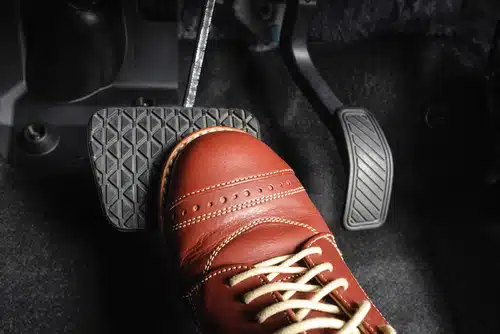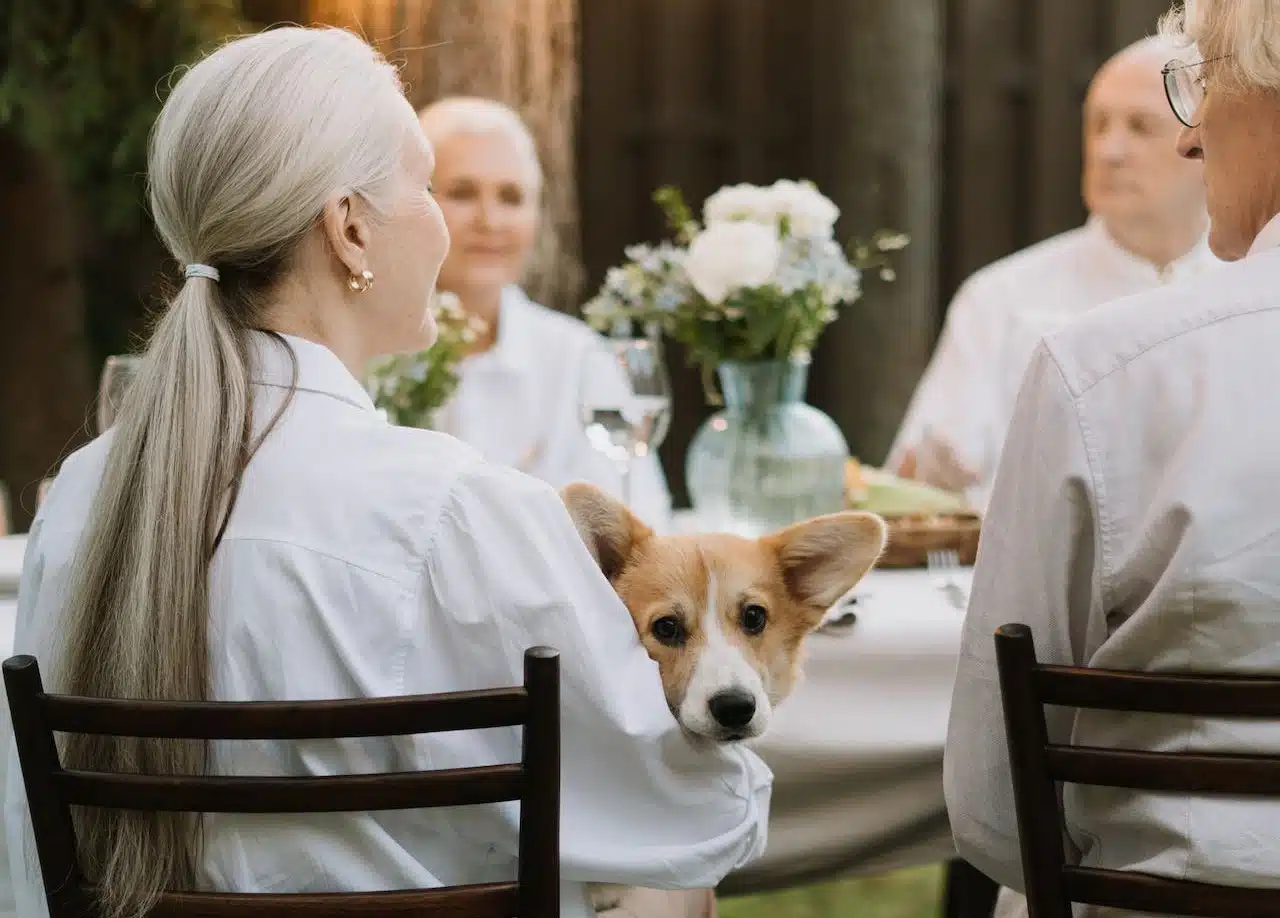Home » Blog » Car » Cars: Understanding Them » Your Used Car Checklist
Categories
Tags
animal welfare
breed profile
buying a car
buying a pet
Car
car accessories
car care
car features
car insurance
Car safety
car sales
car service
cat
cat behaviour
cat body language
Cat Breeds
cat food
cat insurance
comprehensive car insurance
Dog
Dog Behaviour
dog body language
Dog Breeds
dog food
Dog Insurance
dog training
eco friendly cars
Kitten
New Car
pet accessories
pet activities
Pet Adoption
pet breeders
pet days of the year
pet fun stuff
Pet Health
pet insurance
pet parenting
Pet Safety
pet services
Puppy
rescue pets
road safety
road trip
safe driving
Recent Blog:
Facebook Posts
1 day ago
Growing old sometimes means we can’t take care of pets anymore. Find out some advice on what to do when this happens:![]()
![]() Senior Pet Parents – Contingency Plans for Your Pet – bit.ly/44bzwkS
... See MoreSee Less
Senior Pet Parents – Contingency Plans for Your Pet – bit.ly/44bzwkS
... See MoreSee Less
Senior Pet Parents' Contingency Plans for Pets
www.pd.com.au
Sometimes senior pet parents need more downtime. For older pet owners, this can be tricky to navigate if their dog or cat is full of beans and wants to3 days ago
Before you rev up the engine, let’s run through a checklist of things to do before starting your car. Not only do these steps ensure your safety (and that of others around you), but they also help in maintaining your vehicle's longevity.![]()
![]() Driving Tips: Your Checklist Before Starting Your Car -
... See MoreSee Less
Driving Tips: Your Checklist Before Starting Your Car -
... See MoreSee Less
Driving Tips: Your Checklist Before Starting Your Car
www.pd.com.au
Heading out for a drive? Hold up a second! Whether you're dashing off to work, running errands, or embarking on a road trip adventure, there are a few1 week ago
Are intestinal worms setting up camp in your dog’s gut without paying rent? Here’s how to spot the main culprits and get rid of them too:![]()
![]() Preventing, Identifying and Treating Intestinal Worms in Dogs - bit.ly/43YjCKu
... See MoreSee Less
Preventing, Identifying and Treating Intestinal Worms in Dogs - bit.ly/43YjCKu
... See MoreSee Less
Preventing, Identifying and Treating Intestinal Worms in Dogs
www.pd.com.au
Intestinal worms, such as roundworms in dogs are one of the least glamorous topics on the planet. These intestinal parasites that basically use our dogsCar shopping and leaning towards used cars instead of new? There’s heaps of advantages to not buying brand new…the attractive price tag being the main one. For most of us anyway (we’re looking at you, vintage car enthusiasts).
You do have to be more careful than when buying a brand spanking new vehicle you can drive straight off the showroom floor. Spend wisely though, and you can pick up a good car which will serve you well for years to come.
Whether it’s your first time buying a used car or you just want to make sure you’ve done your research, here’s a handy guide to buying used cars and what you should look out for.
Why to buy used cars instead of new ones
We think that there’s definitely a time and a place for both new and used cars. But if you’re looking to save some cash on your purchase, used cars are the obvious choice. And if you still need to scrape a bit of cash together, here’s our guide to saving for a new car in 2021.
You can even pick up some very lightly used ones in incredible condition if you look hard enough.
And sometimes, you just feel better when you dent a secondhand car rather than a brand new one!
By the way, if you’re selling your used car in order to get another set of wheels, read our article on how to get the best car resale value. Trading in? We’ve got some advice on how to get a few extra dollars on your car trade in too. And because we’re full of allll the knowledge, read our tips for how to sell your car fast and still get the best price.
What to do before buying a used car
You’ve been trawling used car websites, visiting dealerships, and eyeing up everything from SUVs to zippy little hatchbacks. Once you find the perfect car at the right price (or close to it, anyway), you want to check over quite a few things before buying.
Having sound knowledge of exactly what you’re spending your hard-earned dollars on, before you sign on the dotted line, can save you from buying a dud. Read on…

Questions to ask about used cars
Your key Q&A includes:
- What’s the year, mileage, and model?
- Have there been any modifications to it?
- Has it ever been in an accident?
- If so, when did it happen, what was the damage like and who repaired it?
- What sort of driving was normally done with it (lots of suburban stops and starts, mostly smooth freeway action, windy regional roads, etc)?
- What is its safety rating? (read about Australia’s safest cars)
- How many people have owned the car previously?
- Does it have a documented service history and registration papers? (this is really important!)
- Why are you selling it?
- How quickly do you need to sell?
Here are some more questions to ask when buying a car. If you’re happy with all the answers and the car meets your requirements, go and look at the car.
And by look we mean not just thoroughly check out both inside, outside and under the hood, but take it for a lengthy test drive too. If you can, try to bring along a friend or family member who is knowledgeable about cars.
Before you start negotiating the sale (always try to negotiate – what do you have to lose?), familiarise yourself with the following used car checklist. It will help you to avoid becoming the victim of a car scam.
Visual checklist for used cars
Alright, you’ve made it to inspection stage! Before you get in and take your possible new ride for a spin (with your head, not your heart, making observations), spend a few minutes looking at the car.
Check the inside and outside, and go through the following checklist in your mind:
- Are there any scratches or dents on the outside?
- Is there rust?
- Is there any obvious wear on the interior, like seatbelts, car seats, and the dashboard?
- Do all the interior and exterior lights work?
- Are the mirrors and window/windscreen glass blemish-free? (read about car windscreen and road safety)
- Is there anything dripping from the car?
- Check that the body work is consistent and even (a change in colour or doors not lining up might mean repair work was done after a crash, for instance)
- Check if the tyres are wearing evenly. Uneven wear could indicate a problem
- Look at the engine and see whether the oil is clean and new. Creamy-looking oil is a bad sign, as is burnt or sludge-like oil
- Get someone to start the car with the bonnet open. Walk around and look at the exhaust and the bonnet as it happens. Continued or heavy smoke when the engine is started is a bad sign. Here’s more advice on the types of car smoke you should be wary of
If everything looks ok, or you’re happy to negotiate the price down due to some repairable issues, it’s time to hop in for a drive.

Test drive checklist for used cars
When you drive the car, use it as a chance to test everything is as it should be. Make sure to do everything you’d expect of your car. For example, ask to take it on the highway if you do a lot of highway commuting.
Don’t be pushed by the seller to do a quick drive only – if they want to sell it they need to allow you to get the insights you need.
Here are some things to look out for as you’re driving:
- Listen for any clunking, rattling, or otherwise-suspicious sounds.
- Check the car handles, brakes, and turns appropriately.
- Test all the buttons and dials. Make sure the window switches, radio buttons, wipers, mirrors, and other simple car technology works
- Test the heat and aircon, no matter the weather.
- Drive with the windows both up and down, as you can hear different sounds in each situation.
- Make sure the clutch feels smooth and not jerky or delayed
You want to make sure you’re confident enough to make an informed decision. If you’re not so au fait with what happens under the bonnet, ask a mechanic to come and give the car a once-over too. In case you haven’t found a trustworthy one yet, here are helpful tips on how to choose a mechanic.
Something else to think about
It’s worth keeping in mind that if you notice something wrong with a used car, it might be an indicator of other problems or neglect.
A lot of used cars will have a nick here and there. After all, they are used cars. But if you notice something major like damaged wheels or suspicious body work, it might be a warning sign of further issues. Look further into how to beat buyer’s regret with this car buying checklist.
Whether you’re buying something with barely any mileage, or an oldie-but-goodie, remember to get comprehensive car insurance. There’s not much worse than parting with your hard-earned savings to buy a used car, only to have a bumper bashing a few days later and not be able to afford to fix or replace it.
Think you might be strapped after your awesome used car purchase? You might want to read our article on how to save money on car insurance.
Share On:




